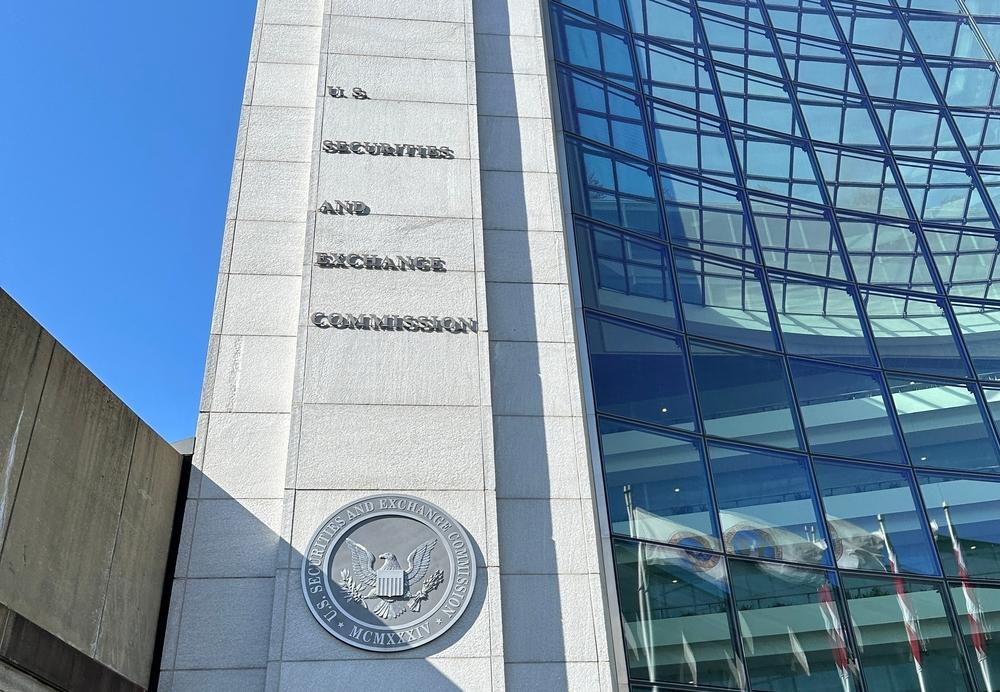Cheongju, a prominent city in South Korea, has announced its intentions to seize cryptocurrencies held by residents who have fallen behind on their tax payments. This move is the latest effort to combat tax evasion in the country as it undergoes rapid digitization.
This approach is not entirely new for Cheongju. The city's administration has reached out to seven major cryptocurrency exchanges in South Korea, including platforms like Upbit and Bithumb. They have requested information about 8,520 users who reportedly owe outstanding taxes exceeding 1 million won (approximately $750). If these tax obligations are not settled, their crypto assets may be confiscated as payment.
This initiative is fueled by the fact that cryptocurrencies have become a popular means for South Koreans to conceal their assets. Cheongju aims to establish a more robust tax system that holds tax evaders accountable for their financial responsibilities.
In 2022, Cheongju's similar efforts yielded results, as they managed to recover 68 million won (approximately $51,000) in unpaid taxes from 17 individuals. This was achieved by analyzing the crypto assets of nearly 16,000 investors.
South Korea has witnessed a noticeable increase in cryptocurrency-related tax seizures over the past couple of years. Data indicates that in 2021 and 2022, the government reclaimed a substantial 260 billion Korean won (approximately $180 million) in cryptocurrencies from individuals who had evaded tax payments. Similarly, in 2021, the city administration of Seoul took control of 25 billion won (around $22 million) in cryptocurrency from individuals and businesses with outstanding tax obligations.
This trend is not unique to South Korea. Argentina's tax authorities previously seized over 1,000 cryptocurrency wallets belonging to citizens who were defaulting on taxes. Similarly, the U.S. Internal Revenue Service (IRS) has been proactive in confiscating crypto assets from individuals failing to meet their tax obligations, as highlighted by the agency's deputy associate chief counsel, Robert Wearing.
South Korea's actions, while assertive, reflect a global pattern. As the digital economy expands, governments worldwide are adapting their strategies to ensure that individuals and businesses fulfill their financial duties and obligations.
TokenPost | info@tokenpost.com



























Comment 0